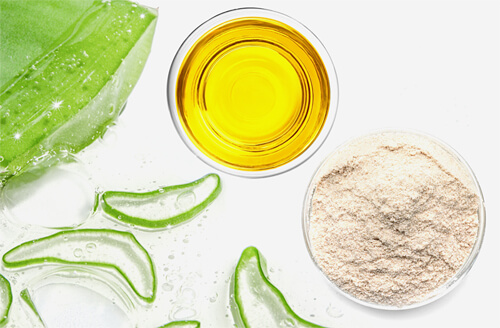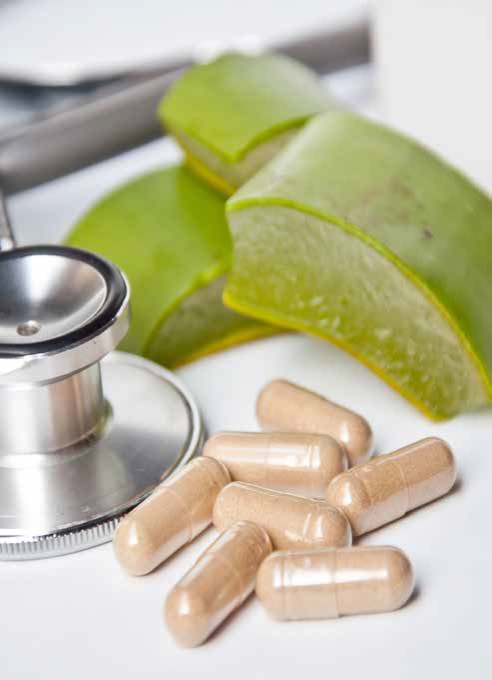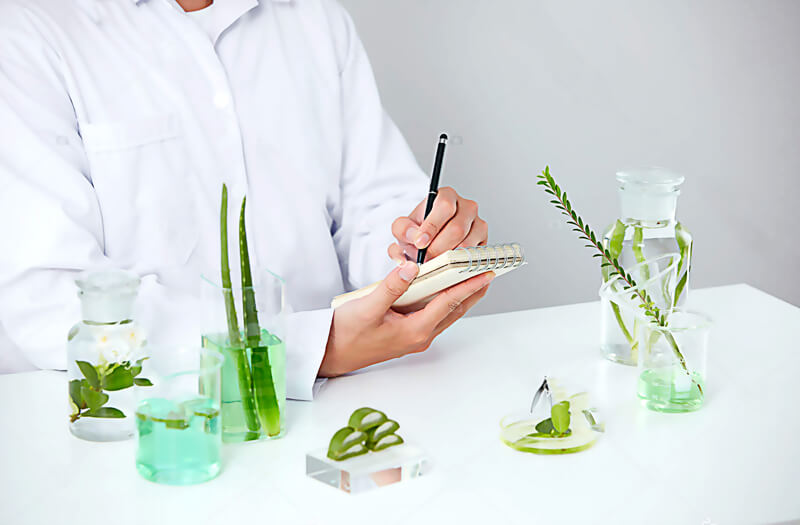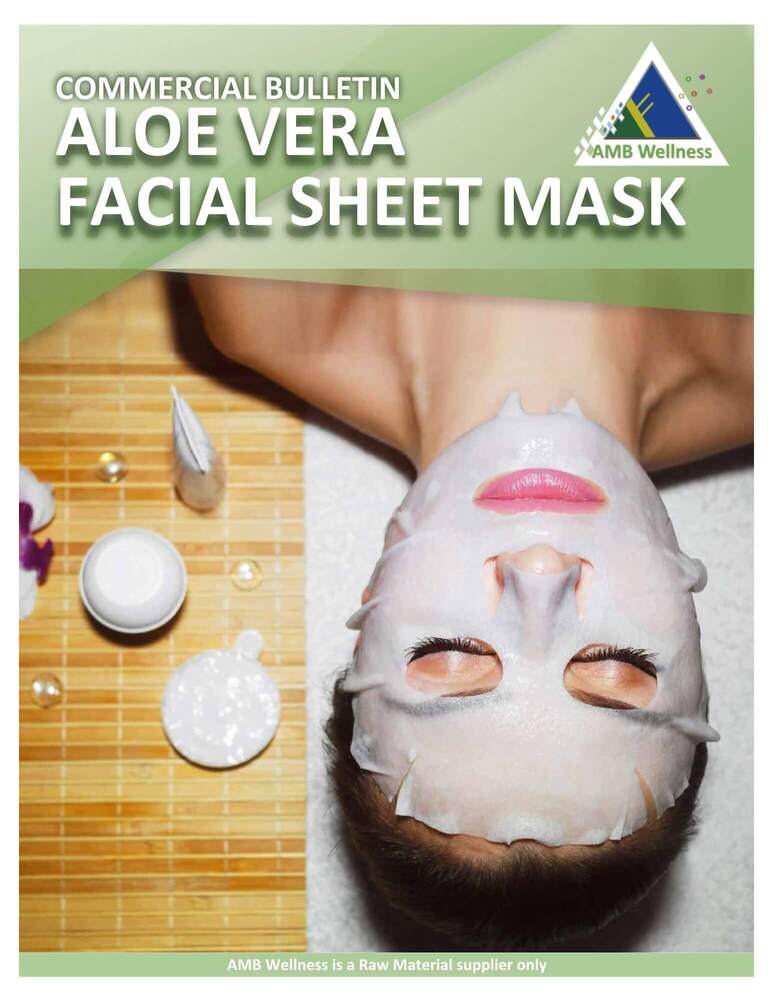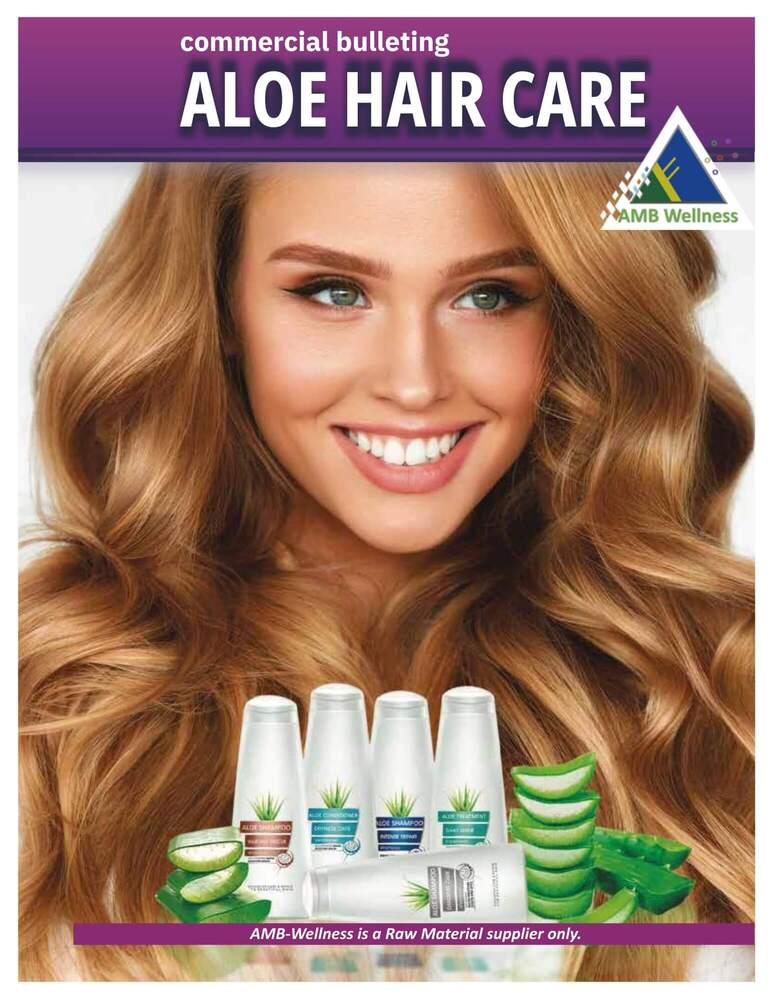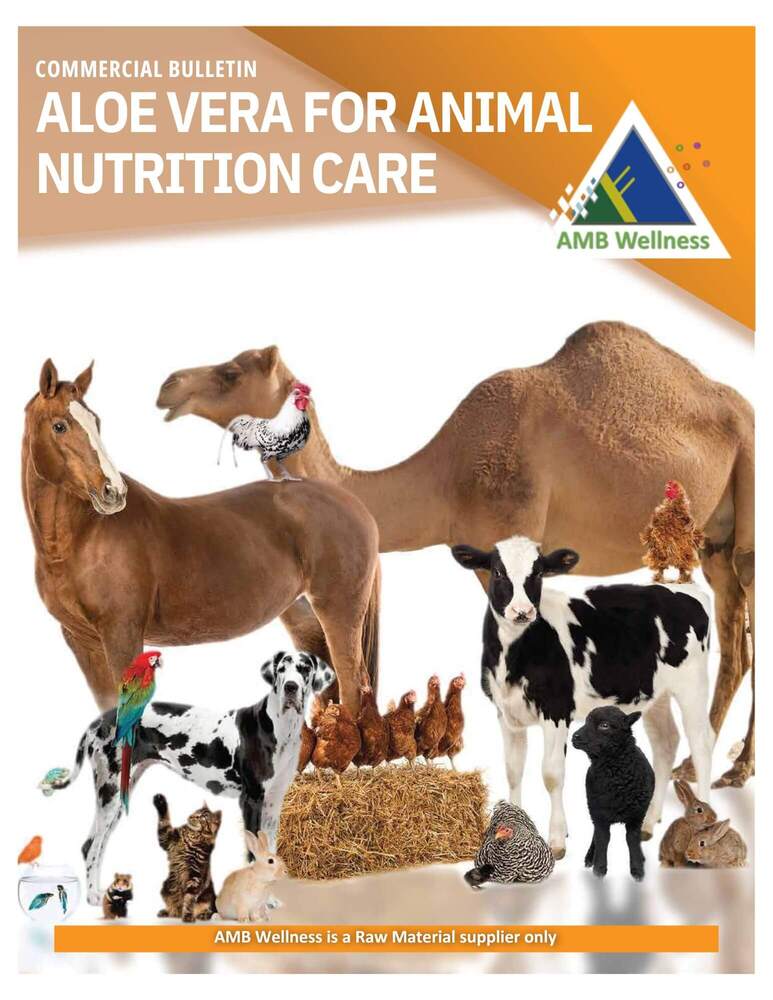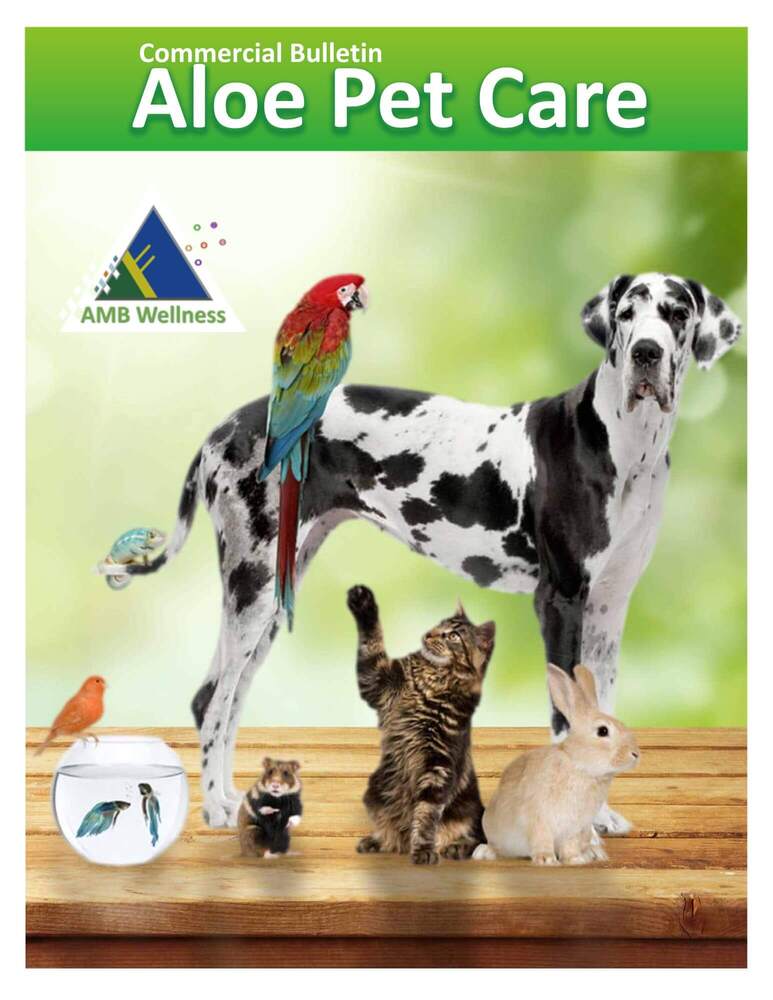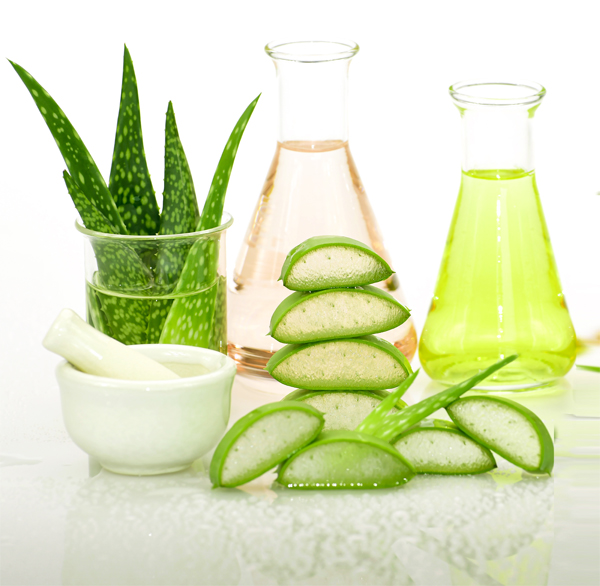Authors Nourozi, F.; Sayyari, M.
The effect of Aloe vera gel (AVG) and basil seed mucilage (BSM) as coating on qualitative attributes of apricot fruits were studied during storage at 2 “C for 28 days. Fruits coating with AVG and BSM alone or in combination with together significantly reduced weight loss, soluble solid content, respiration rate, ethylene production and ripening index in comparison to the uncoated fruits. Also, in coated fruits the firmness and titratable acidity were higher than control fruits. Application of AVG and BSM efficiently increased antioxidant activity, total phenolic content, and ascorbic acid of apricot fruits during cold storage. In evaluation sensory attributes, the panelists did not detect any negative effect of AVG and BSM on flavor and external visual aspect of coated fruits. The results demonstrated that addition of BSM to AVG or their individual application as an edible coating could be a promising approach to maintain postharvest quality and control physiological process of apricot fruits during cold storage. Apricot (Prunus armeniaca L.) fruits, like other stone fruits, are very appreciated by consumers due to their unique and desirable taste and flavor as well as bioactive compounds (such as phenolics, vitamins and carotenoids), antioxidant activity and nutritive properties. As a climacteric fruit, rapid ripening, softening, and decay cause deterioration of apricot in a short period ranging from 3 to 4 weeks at cold storage, depending on cultivars and growth condition. For delaying the postharvest deterioration process of apricot fruits, precooling and low temperature storage is generally used, although these treatments are not enough to maintain fruit quality during storage and marketing. In this sense, some additional postharvest tools together with cold storage are necessary. Recently, the use of edible coating such as Aloe vera gel (AVG) has been used for maintenance of quality attributes and extension shelf-life of various fresh produces such as stone fruits including peach , nectarine , plum and sweet cherry ,AVG can act as a gas barrier and effectively reduce respiration rate, weight loss, softening, color changes, as well as ethylene production in climacteric fruits .AVG has also antifungal activity against several fungi including Rhizopus stolonifer, Botrytis cinerea and Penicillium digitatum. Some reports have shown that AVG can be used as an edible coating in apple ), papaya, pomegranate arils ,fig (strawberry and sapodilla fruits However, AVG ingredients are mainly polysaccharides, soluble sugars, proteins, vitamins and minerals, while its lipid content is very low, ranging between 0.07 and 0.42% depending on the Aloe spp It is possible to increase the hydrophobic properties of AVG by adding a source of lipids to the composite and then to enhance the barrier efficacy of the coating . Among the possible sources, the basil seed gum (BSG) could be a good alternative to lipids which composed of two major fractions: glucomannan (43%), as the hydrophobic fraction, and xylan (24.29%) that is responsible for its hydrophilic properties. The hydrophilic part can absorb water during soaking and swell into mucilage due to the presence of a polysaccharide substance. BSG is a typical gum which extracted from Ocimum basilicum L, and has several advantages such as hydrophilic properties, availability, easy to production and convenience of extraction. objective of conducted study was to study the effects of the addition of BSG to AVG based coating with improved barrier properties as an approach on Nouri apricot fruits quality attributes during 28 days of cold storage as well as the content of bioactive compounds, respiration rate, ethylene production, sensory attributes, and antioxidant activity.

